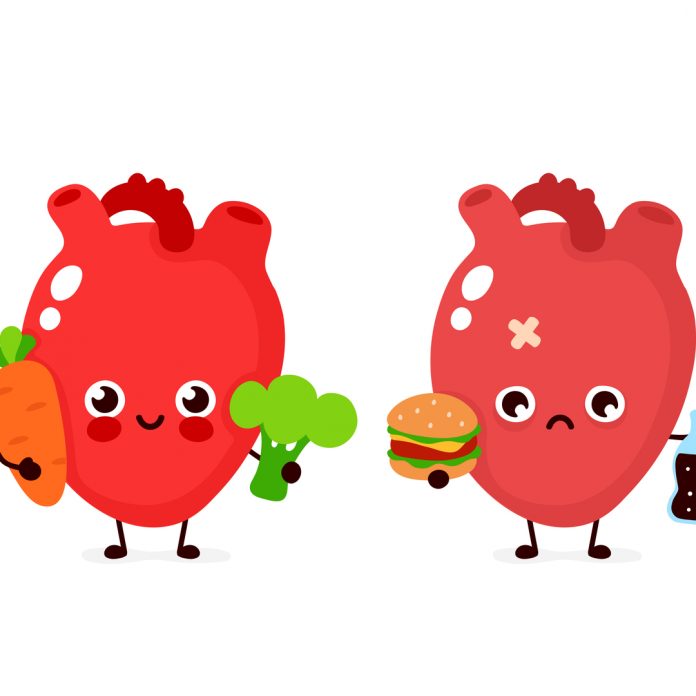The heart is one of the amazing organs of the body, beats tirelessly, provides oxygen to the body, and is essential for life itself! It beats upwards of 2.5 billion times in an average lifespan, sometimes even more… with no resting time at all. It is absolutely amazing that this organ can work tirelessly for so long, and still be healthy. On the other hand, an unhealthy heart is one that doesn’t function efficiently, affecting one’s overall health. There are a lot of reasons for a dysfunctioning heart – congenital, stress, alcohol, smoking, to name a few.
While certain conditions can only be rectified by procedures and medicines, lifestyle changes – including habits, type of food consumed, exercise – go a long way in rectifying and maintaining a healthy heart.
Here are food items that you should have for a healthy heart.
VEGGIES

Green leafy vegetables- Dark, leafy vegetables are rich in minerals, vitamins and nitrates, which help in dilating blood vessels, so blood flow through them is not impeded.
Spinach
Spinach has a high nitrate and lutein content, and helps dilate blood vessels. The fiber can help in reducing cholesterol levels.
Swiss chard
This vegetable is rich in minerals like magnesium and potassium, which help control blood pressure. Also found are antioxidants like lutein and zeaxanthin, which protect the heart cells.
Beetroot
Beetroot juice is quite high in nitrates, which help dilate the blood vessels and allow free flow of blood. The potassium present also helps in preventing arrhythmias. The phytonutrients present in beetroot juice help in lowering blood pressure as well as cholesterol and triglycerides.
Sweet potatoes
With a lower glycemic index than regular potatoes, they keep the sugar levels in check, in turn reducing chances of chronic cardiac diseases. They also have a high content of Vit A and lycopene, a powerful anti-oxidant which helps prevent cell damage.
Garlic
Garlic has long been considered a natural remedy for a large group of ailments. Studies have shown that adding garlic juice to your food daily, can reduce the cholesterol levels by 17%. It can also prevent platelet build up in the body, reducing the chances of a clot. All this is because of the presence of allicin, which is responsible for the therapeutic effects.
FRUITS
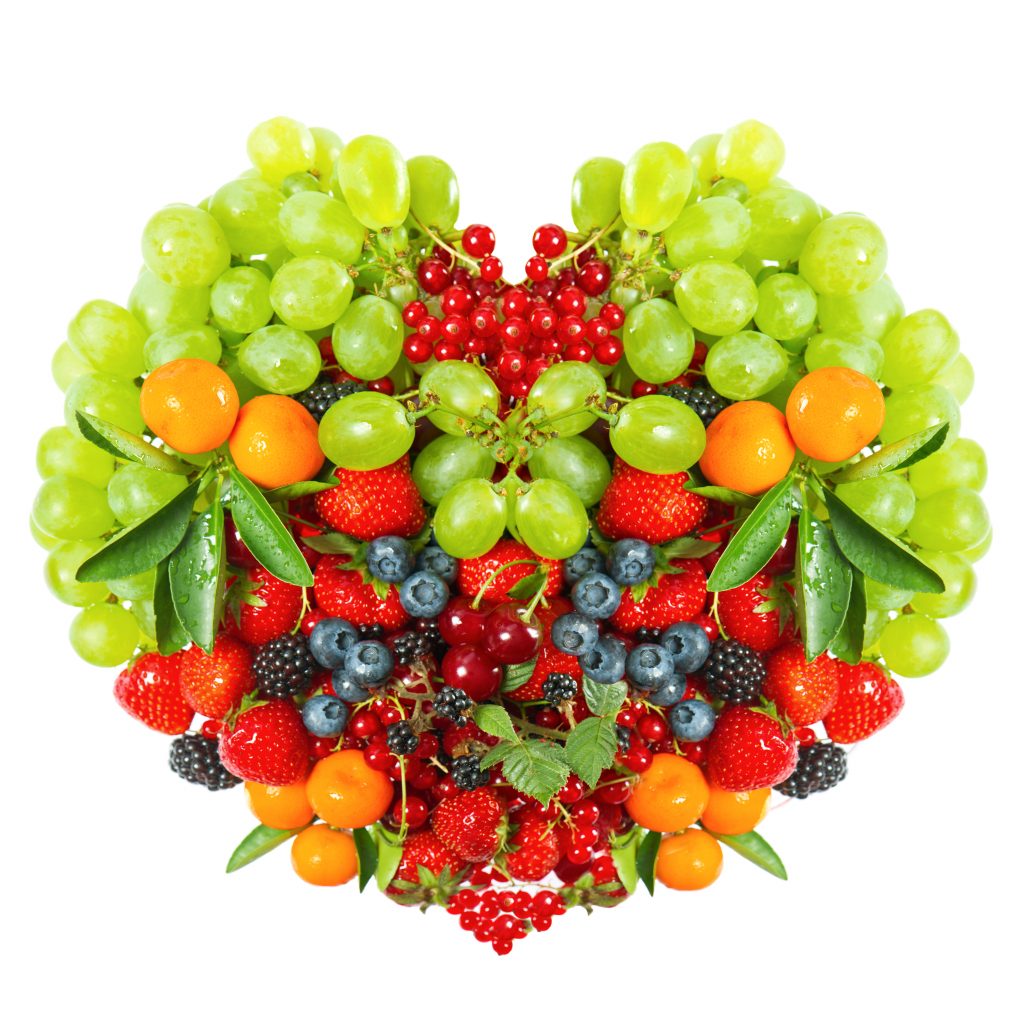
Berries
Studies show that consuming 150 gms of blueberries a day can reduce the risk of heart disease by 15 %. The anthocyanins present help improve the cell functioning in the blood vessels, lower blood pressure as well as the LDL levels in the body. Berries also have a high fiber content.
Cherries
They contain an antioxidant called anthocyanin, and protect the heart vessels from getting atherosclerotic.
Avocados
Packed with mono saturated fats, avocados reduce the bad cholesterol (LDL) levels. They are also a good source of potassium, providing about 900 mg per serving. Potassium helps control blood pressure, keeping the heart healthy.
Tomatoes
Tomatoes are very rich in lycopene, a powerful antioxidant. They help maintain lipids, blood pressure and cell functions. They also help increase HDL levels (good cholesterol), which helps reduce plaque formation in the blood vessels.
Oranges
Sweet and tangy, these provide you with a healthy dose of Vit C. They also have high levels of pectin, which helps control cholesterol. The potassium helps control the blood pressure. Also, being low in calories, this fruit can help in maintaining weight and reducing the load on the heart.
DRY FRUITS AND NUTS
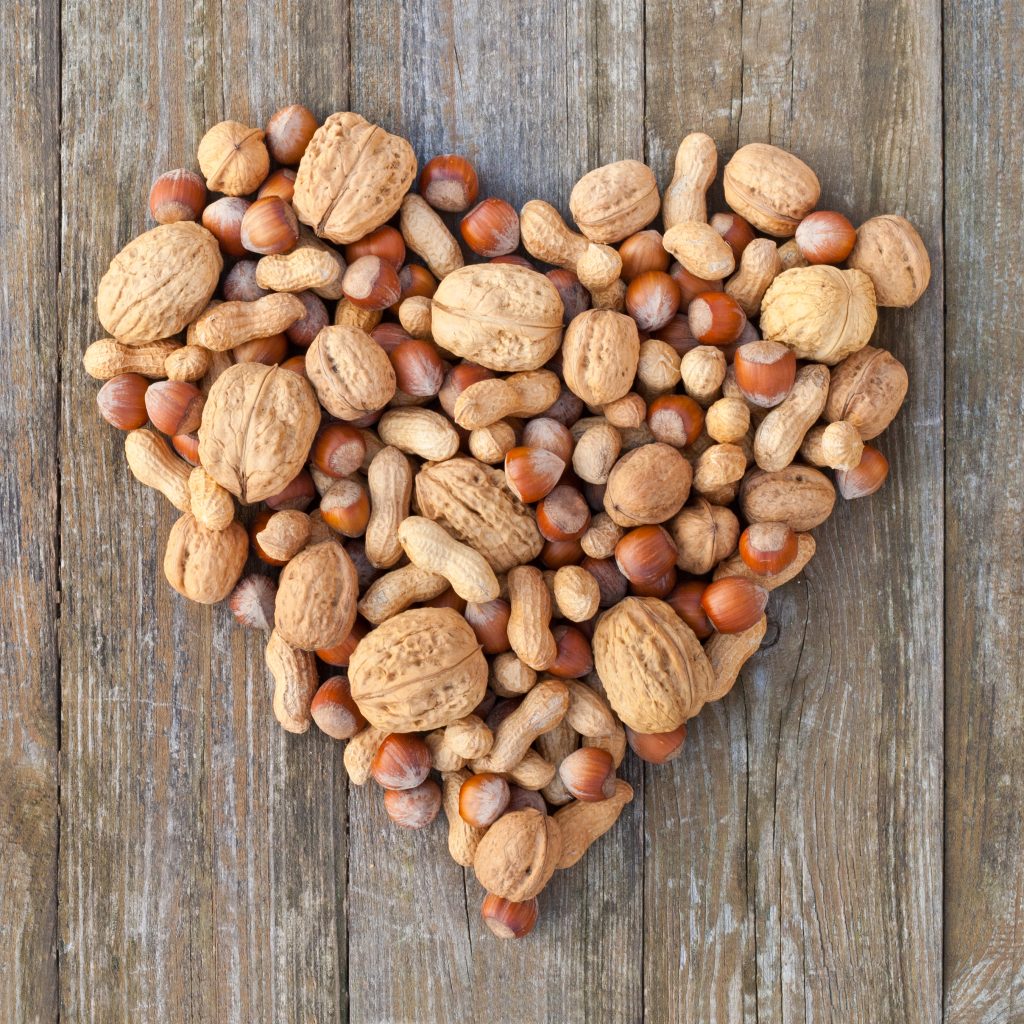
Walnuts
Walnuts are powerhouses of nutrients- loads of fiber, anti-oxidants, mono saturated fatty acids, omega 3 acids and plant sterols. They also have traces of magnesium, copper and manganese, all required for maintain heart health. Just a handful a day can reduce your cholesterol levels. Try replacing a fried snack with walnuts daily.
Almonds
A lot of people include soaked almonds in their morning routine, and with good reason. Being rich in fiber, sterols and heart friendly fats, they help lower bad LDL cholesterol. They are also associated with an increase in HDL levels.
FISH OIL AND FISH – Oily fish have always been associated with heart health, they help control the triglyceride levels, hypertension and blood sugar.
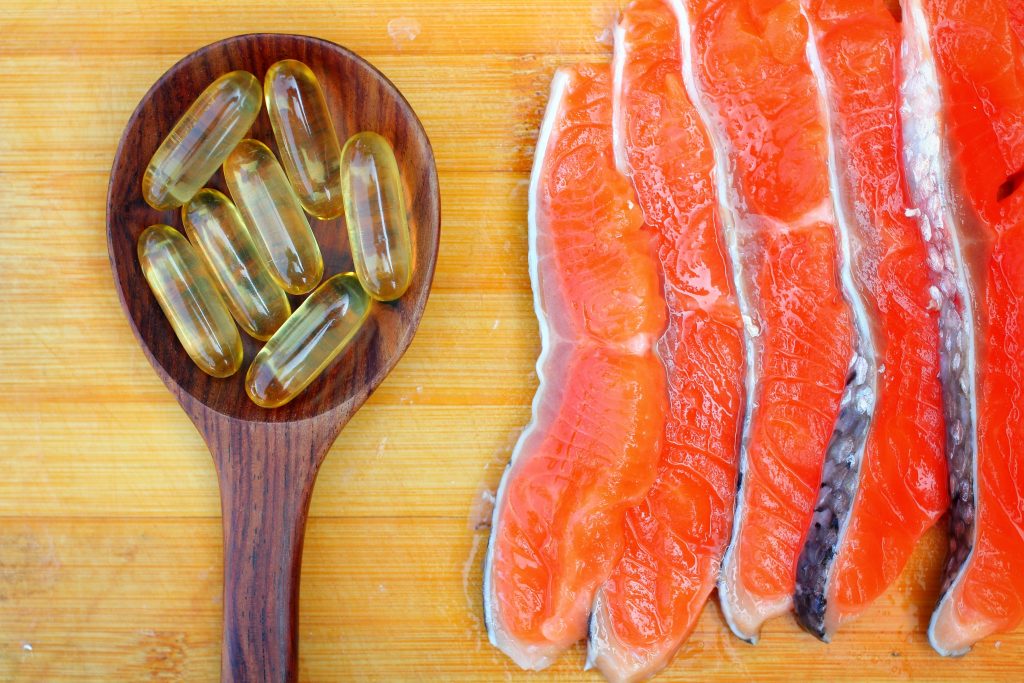
Salmon
Salmon is a very good source of omega 3 fatty acids- which could lessen the risk of cardiac arrhythmias and complications of hypotension. They also help in rectifying your cholesterol and triglycerides.
Tuna
Also rich in omega 3, tuna is often a cheaper substitute to salmon. Albacore is richer in omega 3 than the other varieties of tuna.
Sardines
A serving of sardines can provide up to 2 gms of omega 3 fatty acids, helping protect the heart from chronic ailments.
Mackerel
Not only high in monounsaturated and polyunsaturated fatty acids, but also low in saturated fats, makes it an excellent choice for a healthy diet. Eating this fish decreases your chance of developing cardiac issues such as stroke, atherosclerosis, heart attack, and arrhythmia.
BEANS
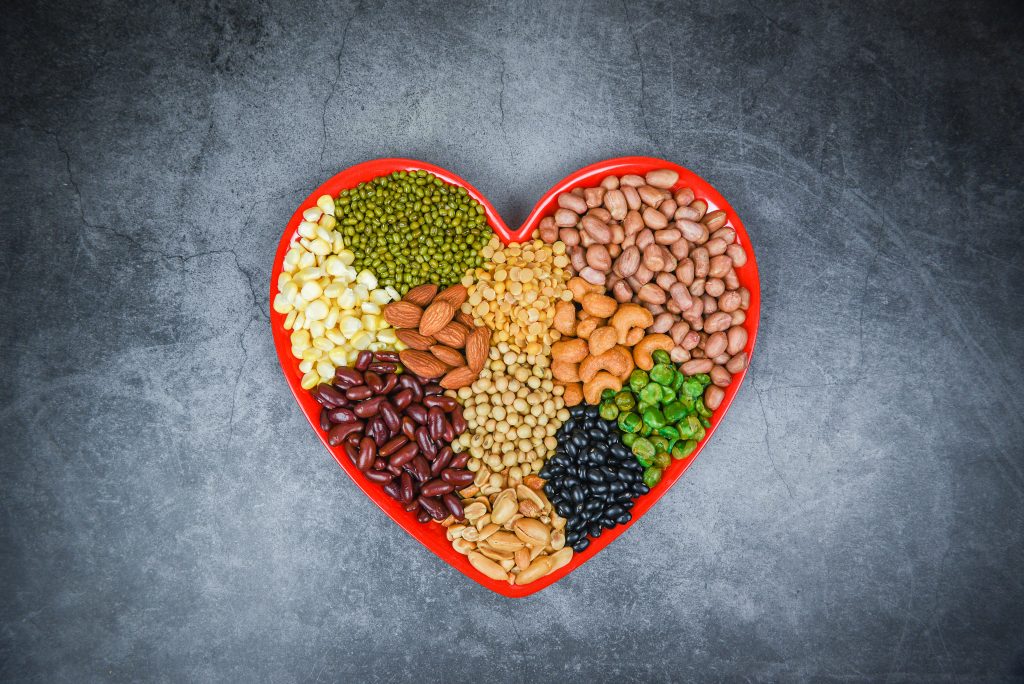
Black beans, besides being a high source of protein, are also rich in folate, magnesium and fiber. The high fibre protects the heart and prevents diseases like chronic heart disease and diabetes. Besides, the high protein helps weight loss, again helping the heart. They are known to reduce triglycerides, inflammation in the blood vessels and hypertension.
They also contain resistant starch, which resists digestion and helps in the buildup of probiotics in the gut.
GRAINS
Multiple studies show that including whole grains in your diet is very beneficial for the heart. They are known to reduce heart diseases by more than 20%.
Barley
The high fibre in this grain helps lower cholesterol levels, and possibly sugar levels too. Try to have the whole grain though, for the additional benefit of the fiber.
Oatmeal
High levels of protein and fibre means that a bowl of oatmeal will keep you feeling fuller for a longer time, reducing the cravings for snacks and sweets. This helps control blood sugar, weight and the heart. It also helps lower the LDL levels.
DARK CHOCOLATE

SEEDS
Including seeds in your diet gives you the benefit of the fiber, multivitamins and omega 3 fatty acids, all of which protect you from chronic cardiac problems, hypertension and lipid dysfunction.
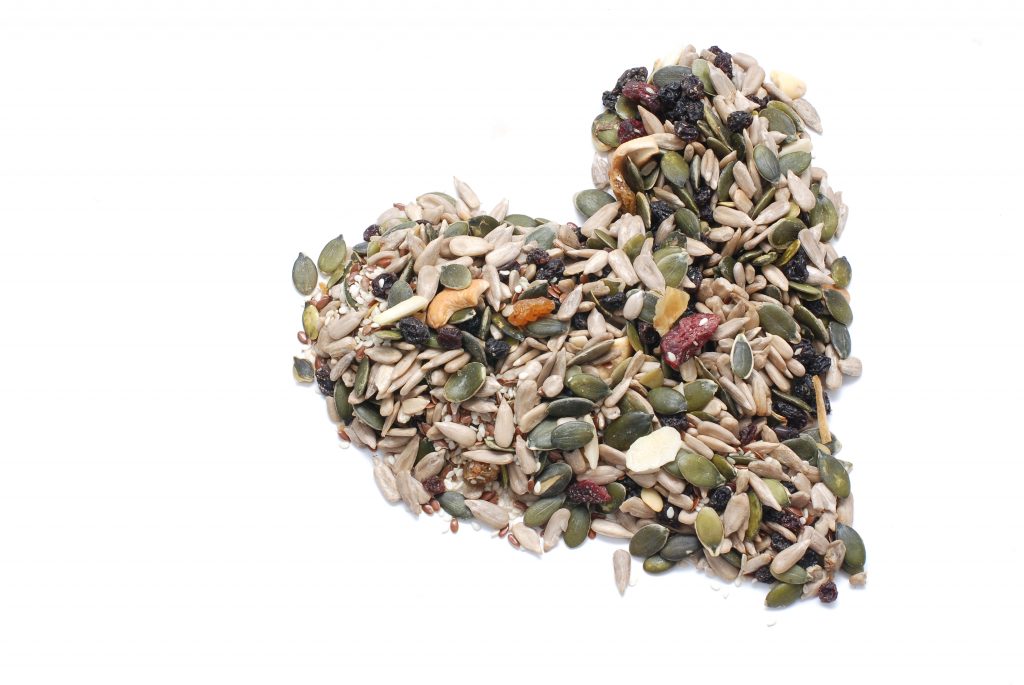
Flax
These seeds are good sources of fiber, phytochemicals called lignans, and omega-3, 6 and 9 fatty acids. They also contain alpha linolenic acid, which helps reduce hypertension.
Chia
Chia seeds are known to reduce triglyceride levels as well as increase HDL levels, helping prevent plaque formation and atherosclerosis.
Hemp
With a high Arginine content, they help lower certain inflammatory marker, thus helping blood flow.
OLIVE OIL
Extracted from smashed olives, this oil is very high in anti-oxidants, making it good not just for the heart, but the entire body. It can help lower the cholesterol levels and protect the arteries from atherosclerosis. It also contains oleic acid, which can reduce hypertension.
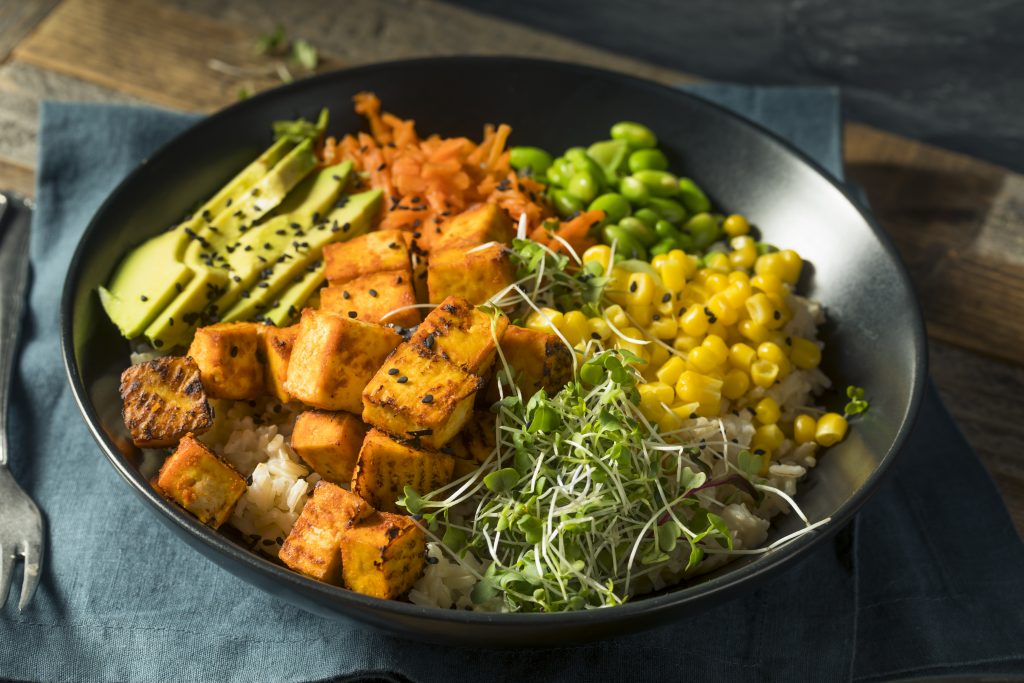
EDAMAME
These are usually found in pan Asian restaurants. A cup of edamame contains about 8 gms of heart healthy fiber, and can help lower cholesterol. They are also rich in isoflavones, and can control hypertension.
GREEN TEA
Brimming with catechins and polyphenols, green tea can reduce inflammation and prevent cell damage. Studies have shown that consuming green tea for a prolonged period can help reduce hypertension, increase HDL levels and control blood sugar.
FRESH HERBS
Fresh herbs, like celery, dill, rosemary, tend to add great flavor to your dish. Adding these to the food, instead of excess oil, fat and salt, will make the food palatable and healthy.

RED WINE
Resveratrol and catechins, the two anti-oxidants present in red wine, are extremely good for the heart. They protect the artery wall rom damage. Wine may also boost the levels of HDL, the good cholesterol in the body.
TOFU
One of the few sources of vegetarian protein, it’s also rich in polysaturated fatty acids and minerals. Not only does it reduce cholesterol, its high protein content helps control and reduce weight.
YOGHURT
Besides being rich in calcium, yogurt is also rich in magnesium and potassium, and can help reduce hypertension. Selecting the low-fat ones helps to reduce weight too.
FOODS TO AVOID
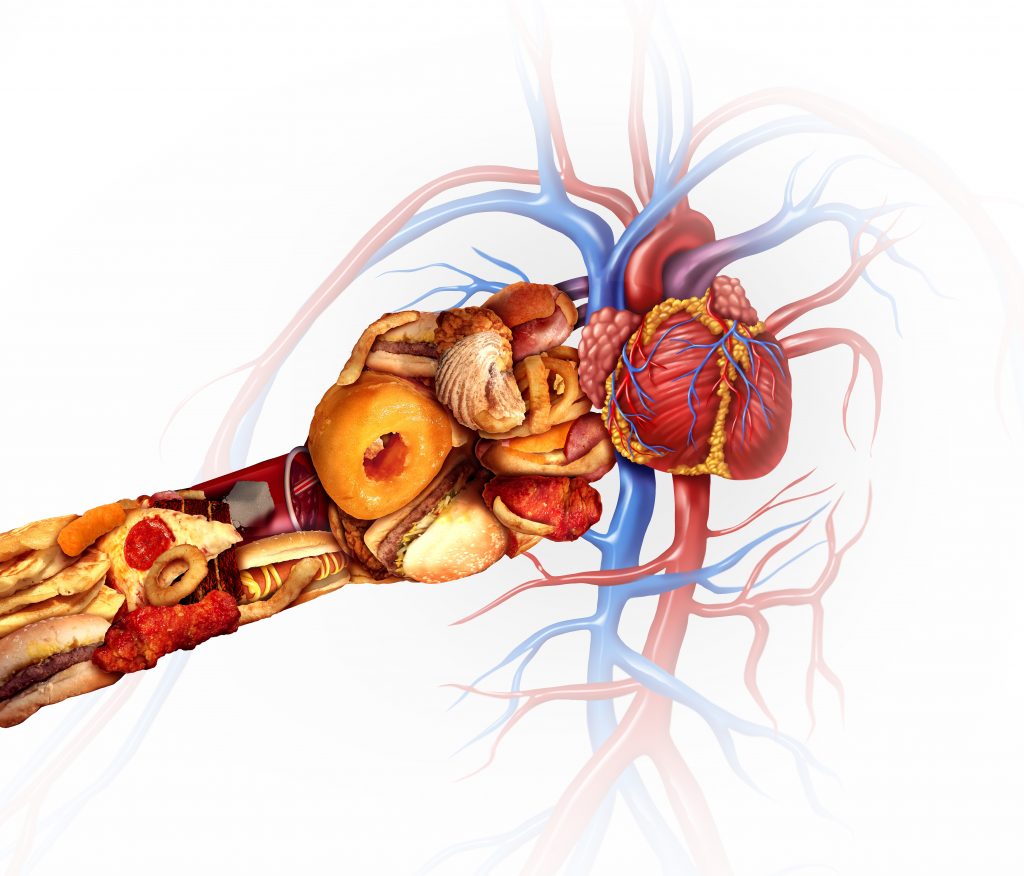
Deep fried
Deep frying food in the conventional way, creates trans-fat, which increases cholesterol and triglycerides and reduces HDL. An occasional fried snack is ok, but frequent meals consisting of deep-fried foods like French fries or fried chicken can cause cardiac problems.
Processed foods
Not only does processed food contain large quantities of unhealthy fat, but also salt. Even small quantities of these foods can contain more salt than is healthy for you. Salt has been associated with hypertension and you should keep a check on the amount you consume.
Sugary stuff
A diet rich in added sugar can contribute to high cholesterol levels, diabetes and other chronic diseases, including cardiac dysfunction. Even the cereal you have, could have added sugar, making it an unhealthy choice.
Soft drinks and juices
Aerated drinks and packaged juices not only contain added sugars, but preservatives too. Research shows that most people indulge in some form of these drinks almost daily, and it can be a matter of concern.
Margarine
Margarine, though considered by many to be healthier than butter, contains trans fats, which contribute to increasing cholesterol.
The heart is one of the most precious organs in the human body, one which literally keeps us alive. Taking care of it will make your life healthier and more comfortable. While occasional indulgence is acceptable, a cardiac friendly diet is necessary to keep your heart healthy.



